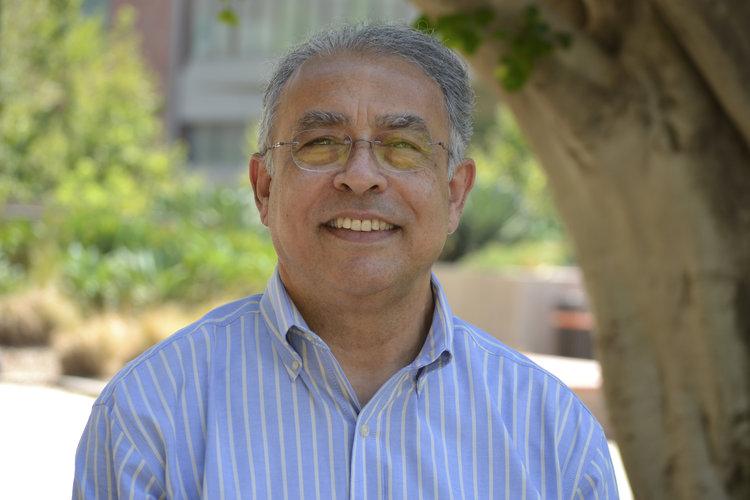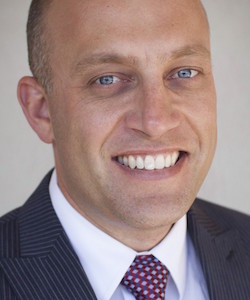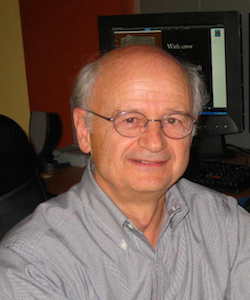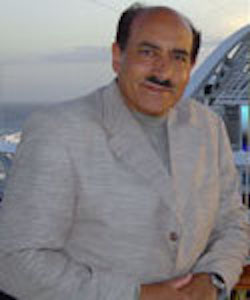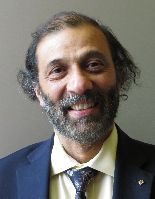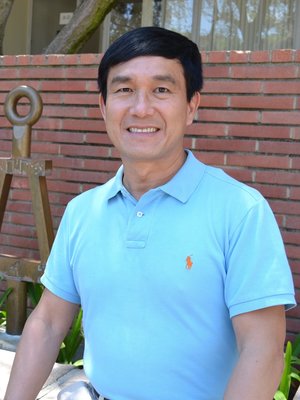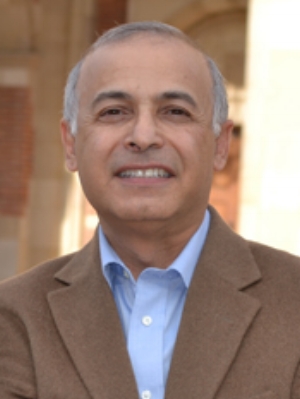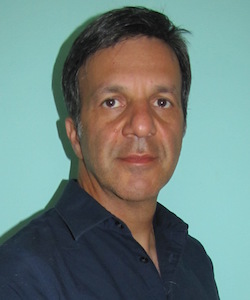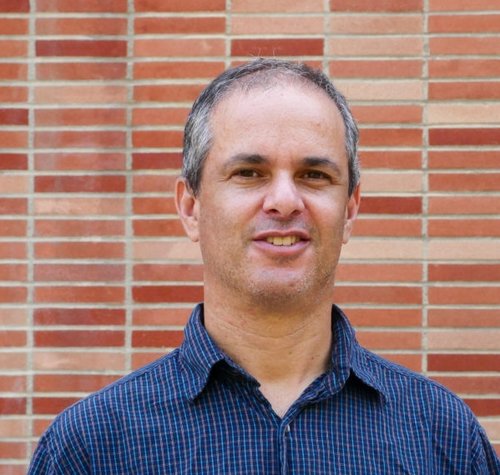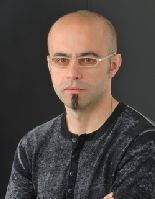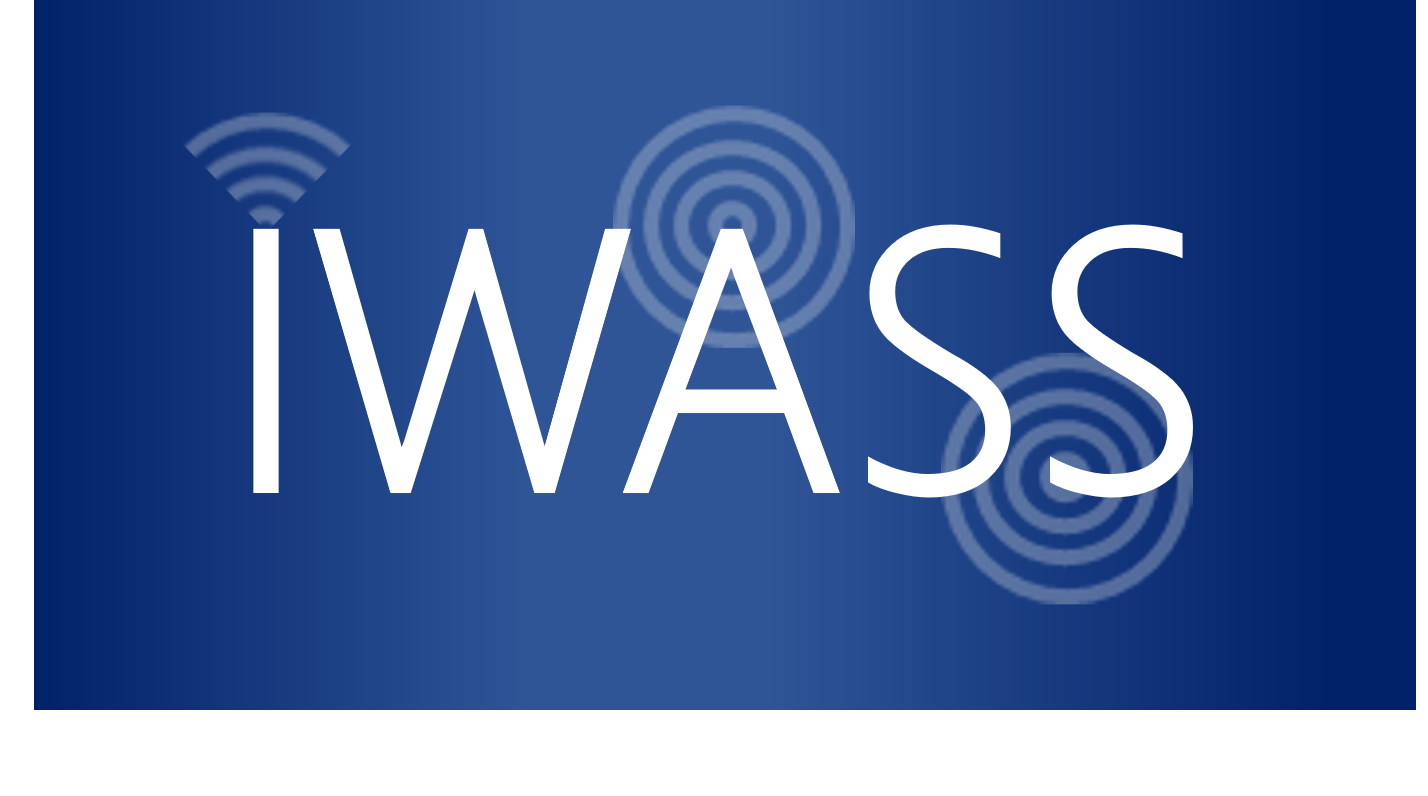Enrique López Droguett
/ |
Enrique López Droguett
Professor Civil and Environmental Engineering Ph.D. University of Maryland M.S. University of Maryland M.S. Federal University of Bahia B.S. Federal University of Bahia |
Dr. Enrique López Droguett is a Professor in the Civil & Environmental Engineering Department and the Garrick Institute for the Risk Sciences at the University of California, Los Angeles (UCLA), USA. He is also an Associate Editor for both the Journal of Risk and Reliability, and the International Journal of Reliability and Safety. Also, he serves in the Board of Directors of the International Association for Probabilistic Safety Assessment and Management (IAPSAM). Prof. López Droguett conducts research on Bayesian inference and artificial intelligence supported digital twins and prognostics and health management based on physics informed deep learning for reliability, risk, and safety assessment of structural and mechanical systems. His most recent focus has been on quantum computing and quantum machine learning for developing solutions for risk and reliability quantification and energy efficiency of complex systems, particularly those involved in renewable energy production. He has led many major studies on these topics for a broad range of industries, including oil and gas, nuclear energy, defense, civil aviation, mining, renewable and hydro energy production and distribution networks. Prof. López Droguett has authored more than 250 papers in archival journals and conference proceedings.

